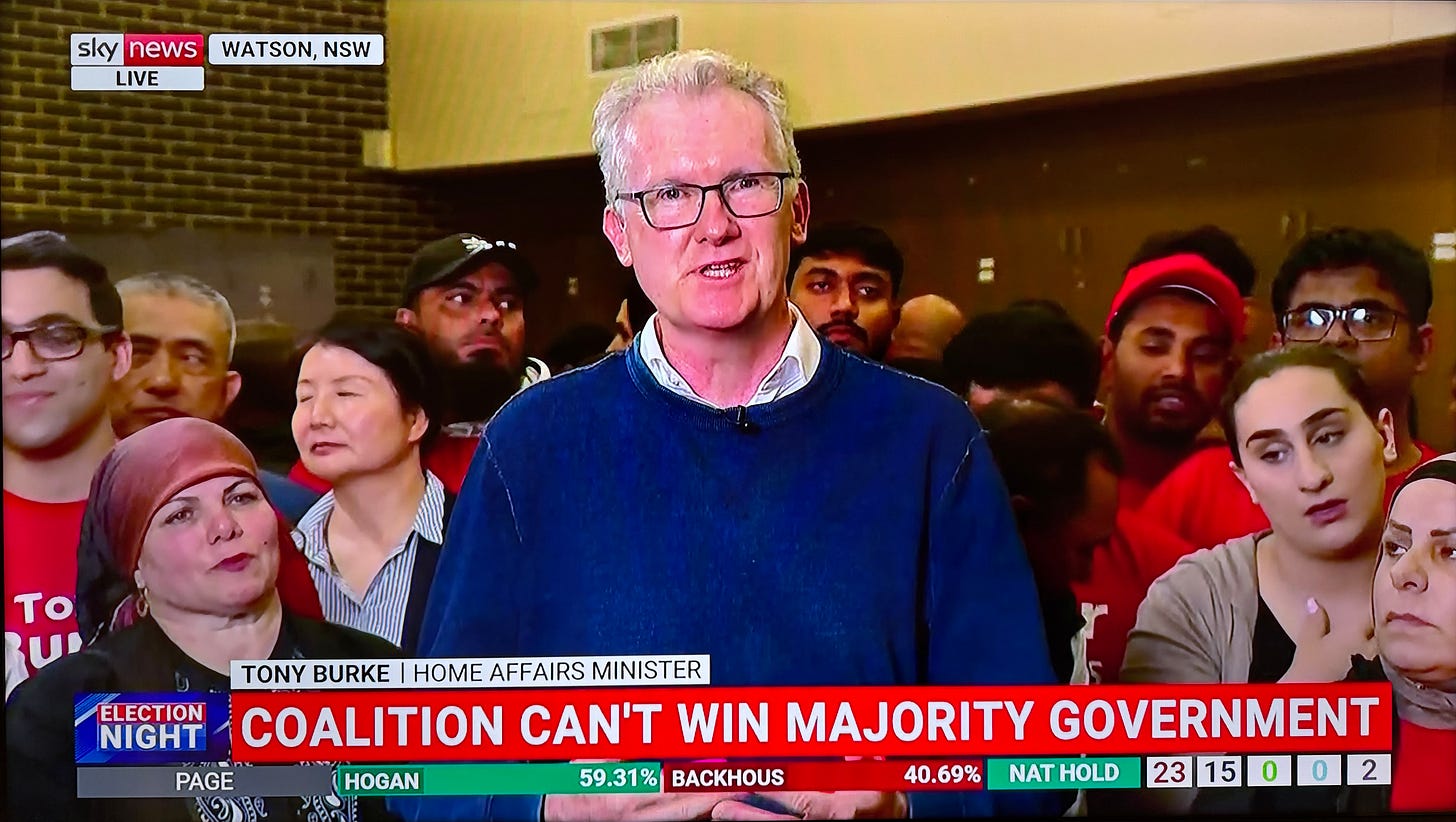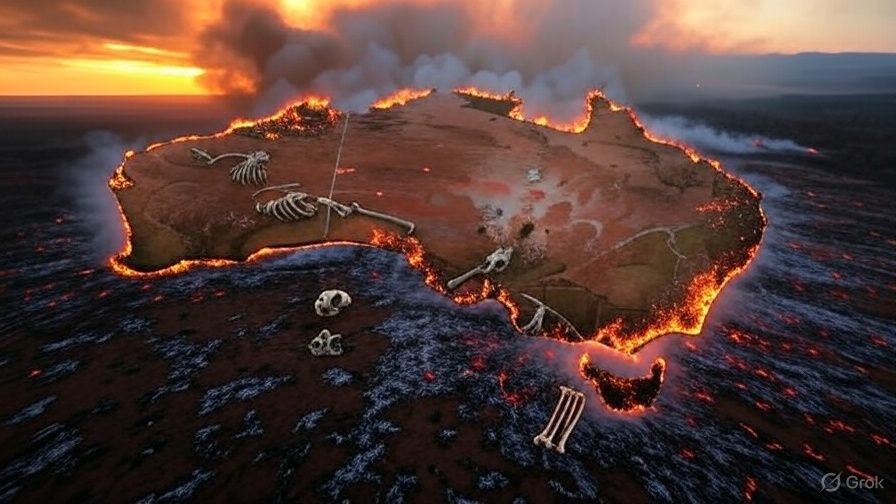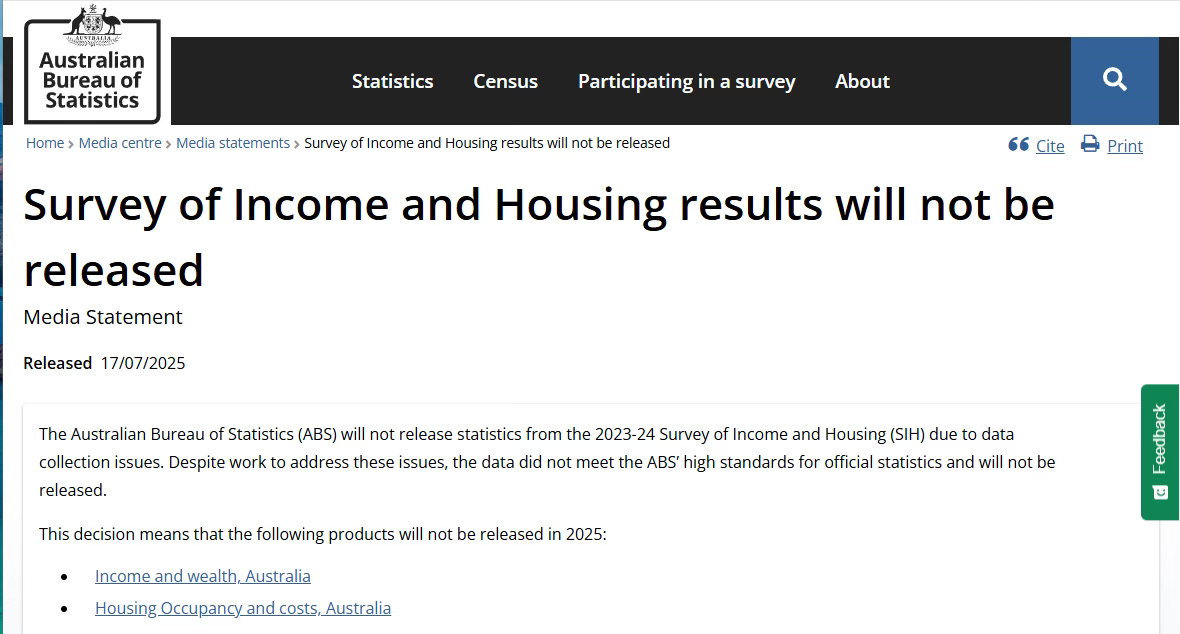I used to think that being born Australian was the greatest blessing in history.
Without thinking too deeply about it, I sensed we had inherited some of the best British qualities: we understood that a batsman should walk when he knew he was out, regardless of the umpire’s decision; and that the best hangover cure began with a cup of tea.
We ridiculed our friends because there was no greater compliment than offensive humour, but didn’t overdo it because brevity was the soul of our wit. (Google it, Abdul.)
Then I discovered that the British colony in Australia was founded 12 years after Americans declared that all men (not just American ones) are created equal, and with certain inalienable rights, and realised that their belief in liberty, too, was part of our precious heritage.
By developing in lockstep with them and marching to every subsequent war alongside them, we had been imbued with Americans’ rugged individualism, but cleverly managed to avoid their gullibility for life’s more superficial panaceas.
For a while, we even gave the Americans a run for their money in the pursuit-of-happiness caper. Our island continent had more room, stranger animals and nicer cities, and we had a bigger middle class, which confirmed to us that egalitarianism, the bedrock of our culture, worked.
Then, in 1983, the crew aboard the Australia II yacht showed the New York elite that their unlimited money was no match for our gritty ingenuity.
What a time to be alive! How brilliant were we! We were six-foot-four and full of muscle, and we thought it would last forever.
That it hasn’t is partly our fault. We constantly called ourselves The Lucky Country, conveniently forgetting that Donald Horne coined the name as a warning, that one day the luck would run out. That’s what luck does: it changes.
We revelled in our prosperity and mocked the idea, fundamental to our founders, that prosperity is a two-way deal.
And we lazily imported “vibrancy” instead of building on the sophisticated western civilisation, going back to Socrates and Aristotle, we were unbelievably fortunate to inherit.
But for all our complacency, at least we never deliberately sought our own demise, which, it is now clear, is what our own government is doing with grim determination and sinister skill.
As a free and prosperous nation with unlimited resources, Australia should have the pick of the richest, cleverest, most urbane migrants in the entire world. Instead, it has opened the door to millions of low-skilled peasants from Third World countries who aren’t even slightly interested in assimilating, if they don’t outright hate our culture and want to subjugate us.
There is more to this than Labor merely symbiotically importing freeloaders whose votes can be bought with unaffordable largesse. Our Immigration Minister, Tony Burke, has more in common with these migrants than he does with you or me, as was clear when he was re-elected to his multicultural seat in May.

As the brilliant Adam Creighton said on X last week, referring to our demographic transformation: “The Australia of your youth won't remotely exist in 20 years. It will still have nice weather, at least.”
Our cultural suicide aside, this record intake of migrants reduces our already inadequate amount of available housing.
By how much? The Australian Bureau of Statistics isn’t saying. Its biennial Survey of Income and Housing was due out about now, but will not be released at all because of “data collection issues”.
In other words, ABS staff were unable to survey the people most affected by unprecedented levels of immigration because those people kept shifting between city laneways and homeless shelters.
These “data collection issues” are awfully convenient for the government. The Assistant Minister for the ABS, Andrew Leigh, last month posted on X a nauseatingly naff video of his visit to the ABS’s spacious offices, which said, among other things, “ABS data allows us to target disadvantage”. Unless, of course, that disadvantage is being experienced by Australians made homeless by immigration, in which case they’re on their own.
Even more conveniently, the press release announcing that the survey would not be released has mysteriously disappeared from the ABS’s website. For the record, here’s what it looked like:
By every metric, Australia is in decline. Our energy is prohibitively expensive. Fines for relatively harmless infringements are extortionate. Manufacturing is shifting overseas. Inflation, unemployment, pessimism and social fragmentation are rising almost at the same rate as machete attacks, gangland killings and sexual assaults in childcare centres.
Meanwhile, the most significant legislation the government will introduce to parliament this year will, if passed, create a massive Soviet-style bureaucracy to police our use of the internet and will almost certainly be used to silence dissent.
I never thought I’d say it, but I am constantly contemplating leaving Australia and not coming back, except to confirm whether my predictions of the country’s irreversible decline were accurate.
This is a dramatic shift. Like I said, I’ve always thought I’d won the lottery simply by being born here. This is the country that gave me a gloriously happy childhood, and allowed my own kids to grow up amid (albeit diminished) freedom and optimism.
The nation-state is the best known way in which to foster a cohesive, peaceful society. But a nation-state is more than a bureaucracy, and needs to be governed by people who have more intellect than the miserable low-IQ midwit managers who currently shuffle along the beige corridors of power in our moribund national parliament.
American Republican politician Robert Taft (son of 27th President William Taft) explained it this way: “Before our system can claim success, it must not only create a people with a higher standard of living, but a people with a higher standard of character.”
Rather than raising Australia’s character, this government is systematically and deliberately destroying it for its own electoral advantage.
Curiously, the pretentious chardonnay socialists who got behind the republican movement are not even mildly perturbed by our nation’s multi-faceted decline. The federal opposition is no better.
Australia has never, in its short history, needed a grass-roots patriotic movement more than it does now.



